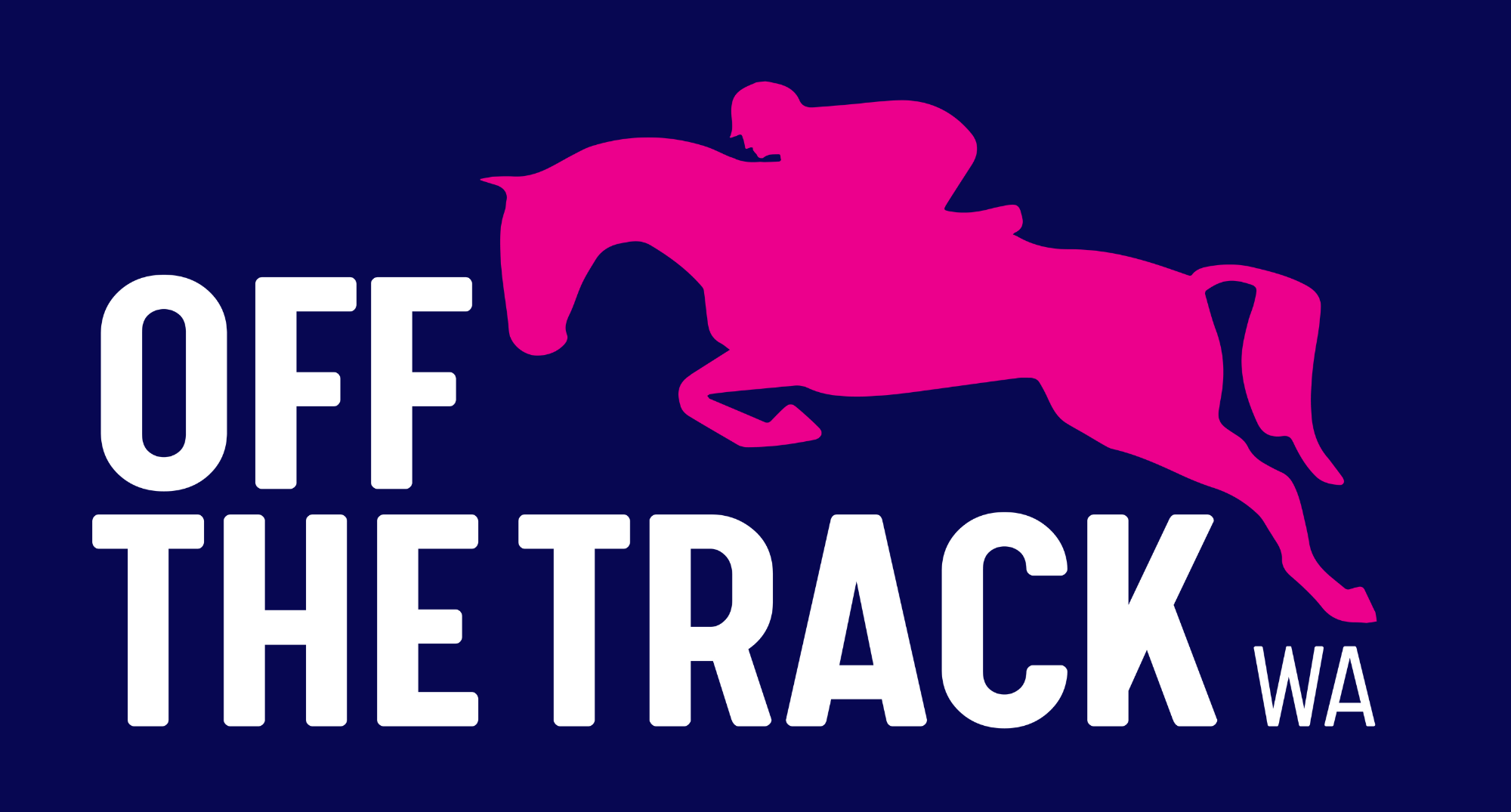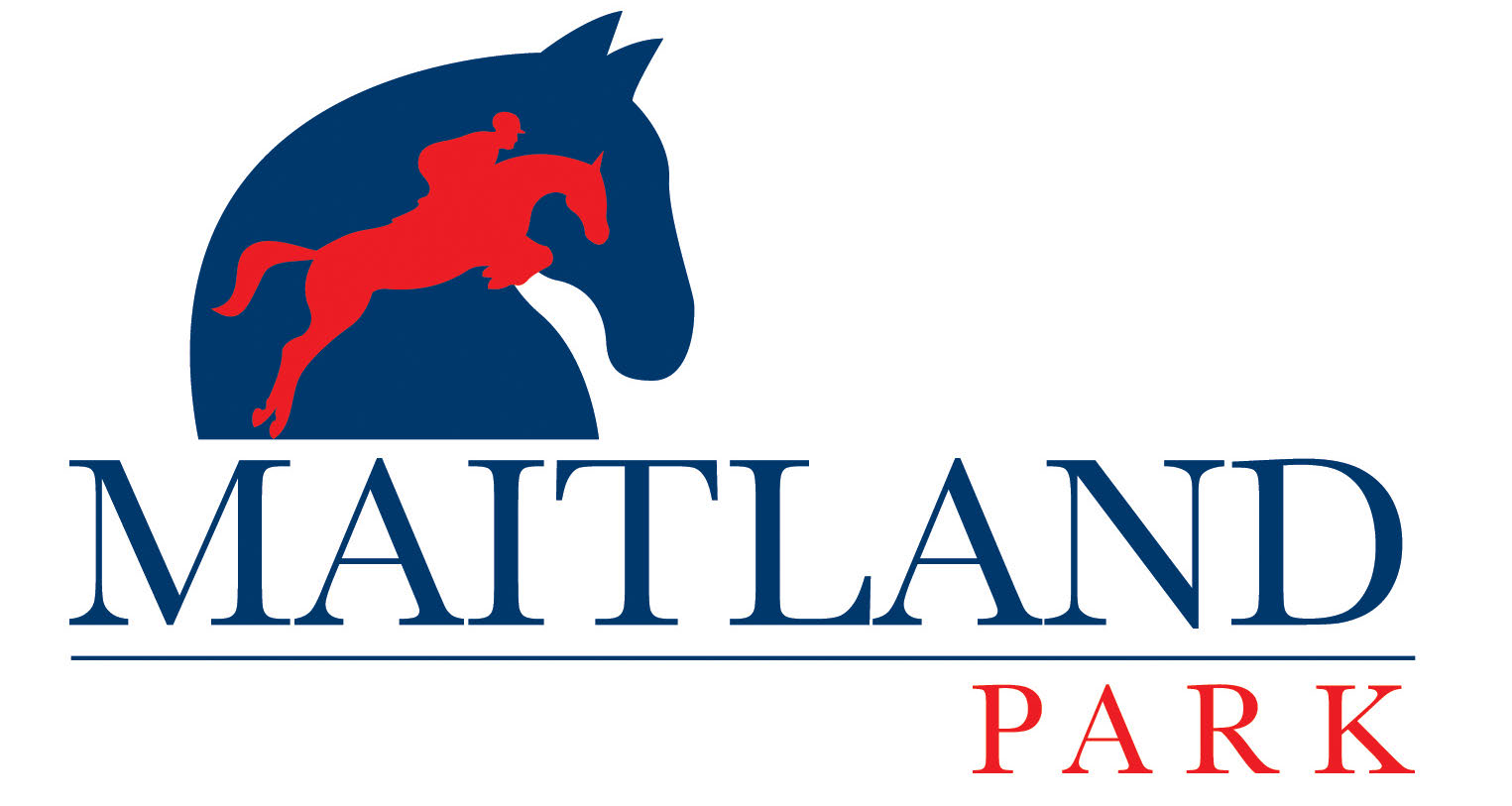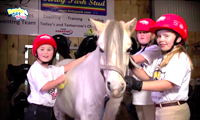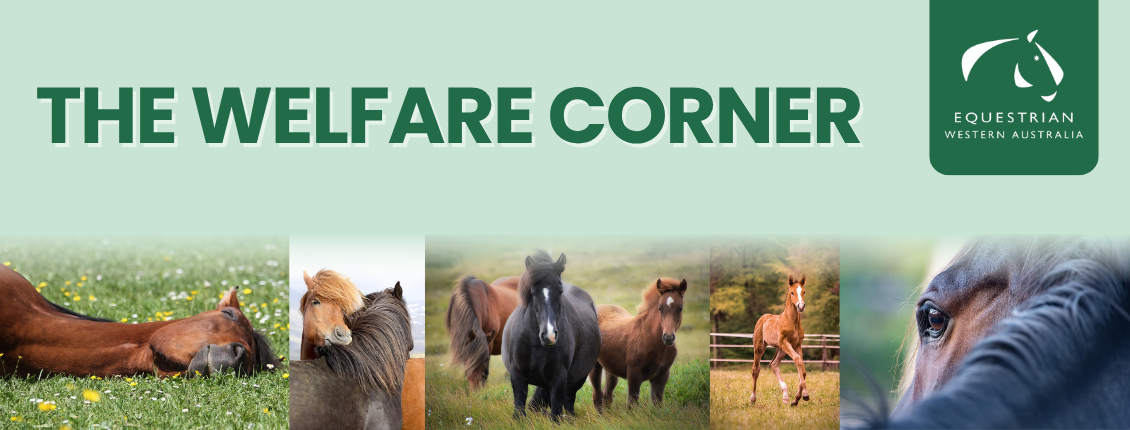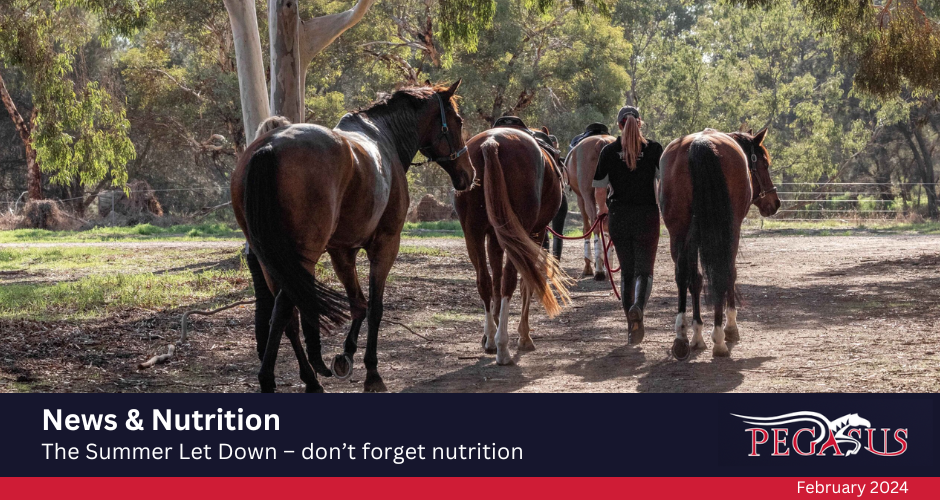
Pegasus News & Nutrition
The Summer Let Down – don’t forget nutrition
Outside of the competition season, many horse owners take the opportunity to give their horses, and themselves, a well-earned summer break. Whether it be a complete spell for a couple of months, or a brief let up followed by light riding, nutritional management during the ‘let down’ period is important. Whilst a break is intended to be just that – a break, out of sight (in the back paddock), it shouldn’t mean out of mind. Putting a dietary plan in place during a spell will not only ensure your horses’ nutritional needs are met whilst on holiday, but will also allow them to maintain optimum health and nutrition and come back into work more effectively.
To help prevent digestive issues and related disorders during the summer let down, it is important to understand the different properties of feed stuffs (grain, fibre, fats) and how they fit into our horses’ diets. Relating this to the individual horse and its environment allows us to choose the most suitable feeds. As the horse transitions from full work into a spell, adjustments to fuel sources are particularly important, as the normal training regime reduces and the energy requirements change. When making these dietary alterations consider: temperament, body condition, metabolic disorders, feed intake/behaviour, desired weight changes and potential digestive upsets.
Transition Feeding
Without the demands of exercise and training, most horses will require the same basic nutrients but much less energy intake. However, sudden changes in diet should be avoided, including dramatic energy reduction or removing the concentrate portion of the diet straight away. Ideally, the training schedule should be reduced over a 2 week period, in conjunction with a gradual reduction in the grain/concentrate portion of the ration. During the transition period, the aim should be to reduce the starch or NSC quantity in the diet and replace it with additional roughage sources. Avoiding sudden dietary changes also applies to hay and pasture. If the spell involves changes in hay or pasture, aim to introduce these gradually too. This allows the microflora in the hindgut to adapt to the different fibre type.
Feed Considerations for Spelling
The feed plan for spelling will depend on the individual horse and what the desired outcome of the spell is. For example, the ‘hard-keeper’ thoroughbred may not cope well on a hay and pasture only diet. This type of horse, which may be a little light in condition going into the summer break, will benefit from a daily feed during the spell to allow for an increase in body condition. In these cases, choosing a feed that contains low levels of NSC and additional fats, such as Pegasus Liberty or Pegasus Coolmax, can be ideal to provide calories required for weight gain, without the heating effects of starch-based energy sources. When pasture is poor quality, offering additional good quality hay is also beneficial. If managed correctly, the summer break can be a good time for these horses to recover condition in preparation for 2024.
On the other hand, some horses will be prone to obesity or excessive weight gain during the summer break. For these horses, it is important to continue to provide essential nutrients whilst limiting calorie intake. Gradually switching them to a balancer pellet, such as Pegasus Equibalance or Pegasus Lite, will ensure that they are still receiving essential proteins, vitamins and minerals during their holiday, whilst minimising excess calories. Avoiding obesity in these horses is paramount, as obesity increases the risk of metabolic diseases and laminitis, and will make the return to work more challenging.
The Pasture Factor
An abrupt relocation from a stable/yard environment to full pasture can put horses at risk of colic or laminitis. Consider the sugar (fructan) content in the pasture and, where possible, introduce the horse gradually to the new paddock. Remember, some horses, such as those prone to laminitis, are sensitive to the sugar in pasture, and turnout with full pasture access may not be suitable. Management tools, such as strip grazing, grazing muzzles or the use of a dry lot with ad lib low NSC hay, may be best suited to these horses. In a dry year, such as this one, feed availability and nutritional value will likely be much lower than normal. Providing additional hay may be required – hay rolls can be particularly useful in this situation. A low starch fibre feed, such as AllFibre, can be a great way to top up with extra fibre when pasture is in short supply. For those fortunate enough to have reticulated pasture, be aware that ‘drought stressed’ pasture, due to the very hot summer conditions we are experiencing, will often have very high sugar levels. Horses turned out with free access to reticulated grass should be monitored closely.
The summer break diet should include adequate energy to meet the horses’ requirements, along with essential nutrients to keep them in optimum health and condition. With a few simple management practices, and a dietary plan in place, the summer spell can be a fantastic tool for rejuvenation and recovery for both horse and rider.
Article by Pegasus Feeds, 27.11.2023 - Amendment by EWA
For further Pegasus News and Nutrition articles, click here.

